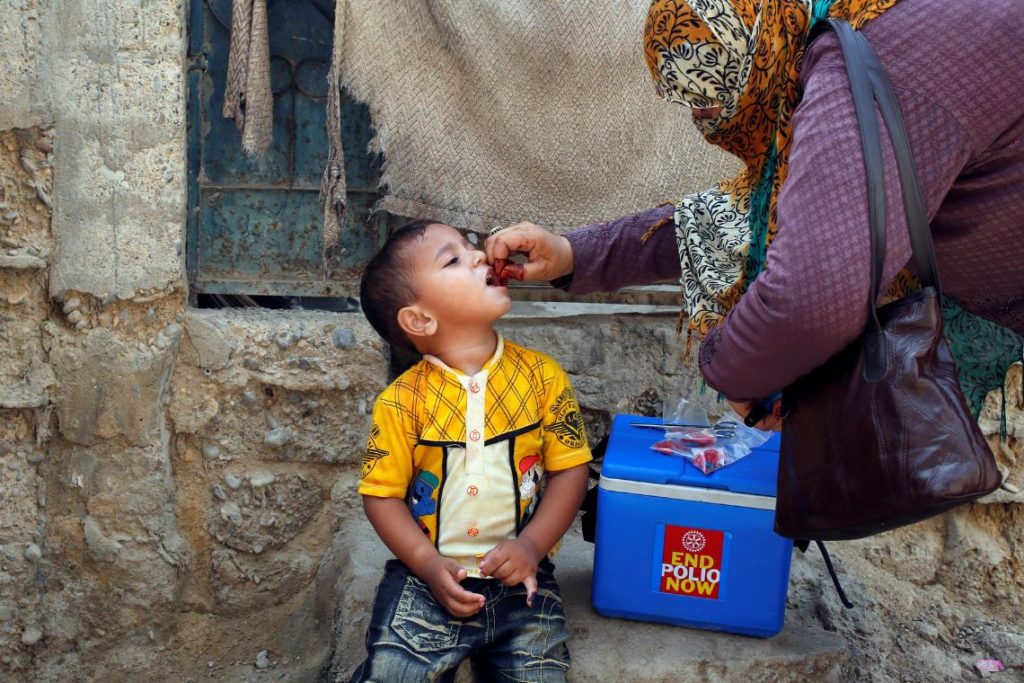PESHAWAR – Despite sustained vaccination campaigns, the complete eradication of polio in Khyber Pakhtunkhwa (KP) remains elusive, with authorities citing persistent security issues, vaccine hesitancy, and operational challenges as major hurdles.
According to health officials, several southern districts of the province, including North Waziristan, Dera Ismail Khan, Tank, and Lakki Marwat, continue to report the circulation of the wild poliovirus, raising serious concerns about public health and cross-border transmission risks.
In 2024 alone, all reported polio cases in Pakistan originated from KP, highlighting the province’s critical role in national eradication efforts. Officials from the Emergency Operations Centre (EOC) have warned that unless immediate and targeted interventions are implemented, the virus could spread to other provinces.
Challenges identified include:
- Access issues due to security threats and remote terrain
- Community resistance fueled by misinformation and distrust
- Gaps in routine immunisation and weak surveillance systems
Polio workers often face threats in certain areas, limiting their ability to carry out door-to-door campaigns. Health teams have called for stronger coordination with local authorities and security agencies to ensure safe access to high-risk regions.
The provincial health department, in collaboration with national and international partners, continues to launch multiple immunisation rounds each year. However, officials stress that improved community engagement, enhanced security, and better monitoring mechanisms are crucial to eliminating the virus.
With Pakistan and Afghanistan remaining the only two countries where polio is still endemic, public health experts emphasize that failure to eradicate polio in KP poses a threat to global efforts to eliminate the disease entirely.
Reported by PakTribune Health Desk
All rights reserved.



